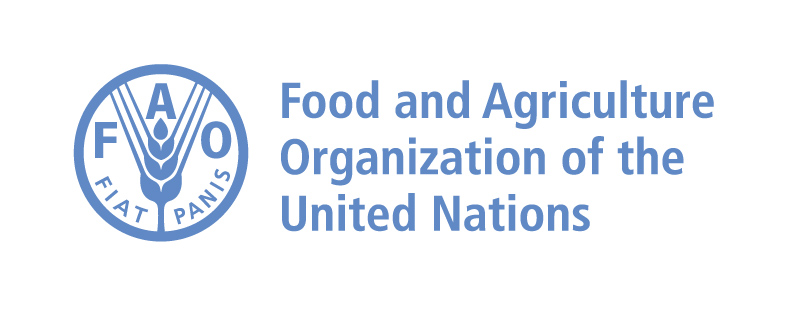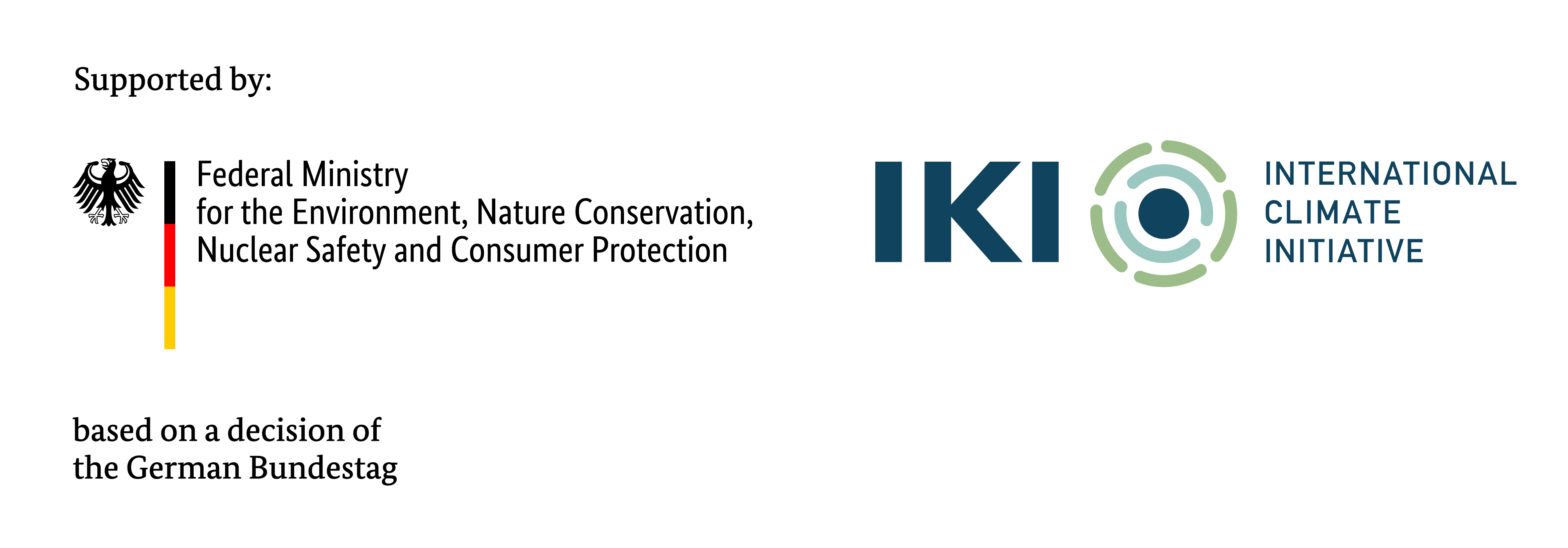SCALA Cote D'Ivoire
Project Overview
Côte d’Ivoire is located in West Africa along the Gulf of Guinea with the Atlantic running along its southern coast. As one of the world’s top exporters of cocoa, palm oil, banana and cashews and with two-third of the actively working population is percent employed by the agriculture sectors, Côte d’Ivoire is vulnerable to variations in weather and climate, as well as external shocks in its export trade. Côte d’Ivoire has the second largest economy in West Africa. High rainfall in the south fuels a fertile agricultural industry, which contributes to 27 percent of country’s GDP. A heavy economic reliance on agriculture, in addition to continued environmental degradation, rising temperature, prolonged dry season and deforestation all contribute to the country’s vulnerability to climate change. In addition, agriculture contributes 12 percent of total GHG emissions with livestock contributing the largest proportion (63 percent).
Project Details
To support the country in implementing these plans, the SCALA programme partnered with Côte d'Ivoire for the next four years. The SCALA programme will help Côte d'Ivoire accelerate the implementation of its NAP and pursue action to achieve the commitments outlined in its forthcoming NDC. The programme will work with government stakeholders to overcome barriers at the institutional, technical, and financial levels to support a transformative shift in the agriculture and land use sectors. Through the SCALA programme, FAO and UNDP will strive to create an inclusive multi-stakeholder process between institutions and partners in Côte d'Ivoire that will help fill gaps, improve capacities and reach the country’s climate targets.


